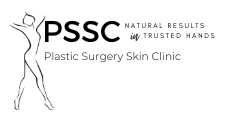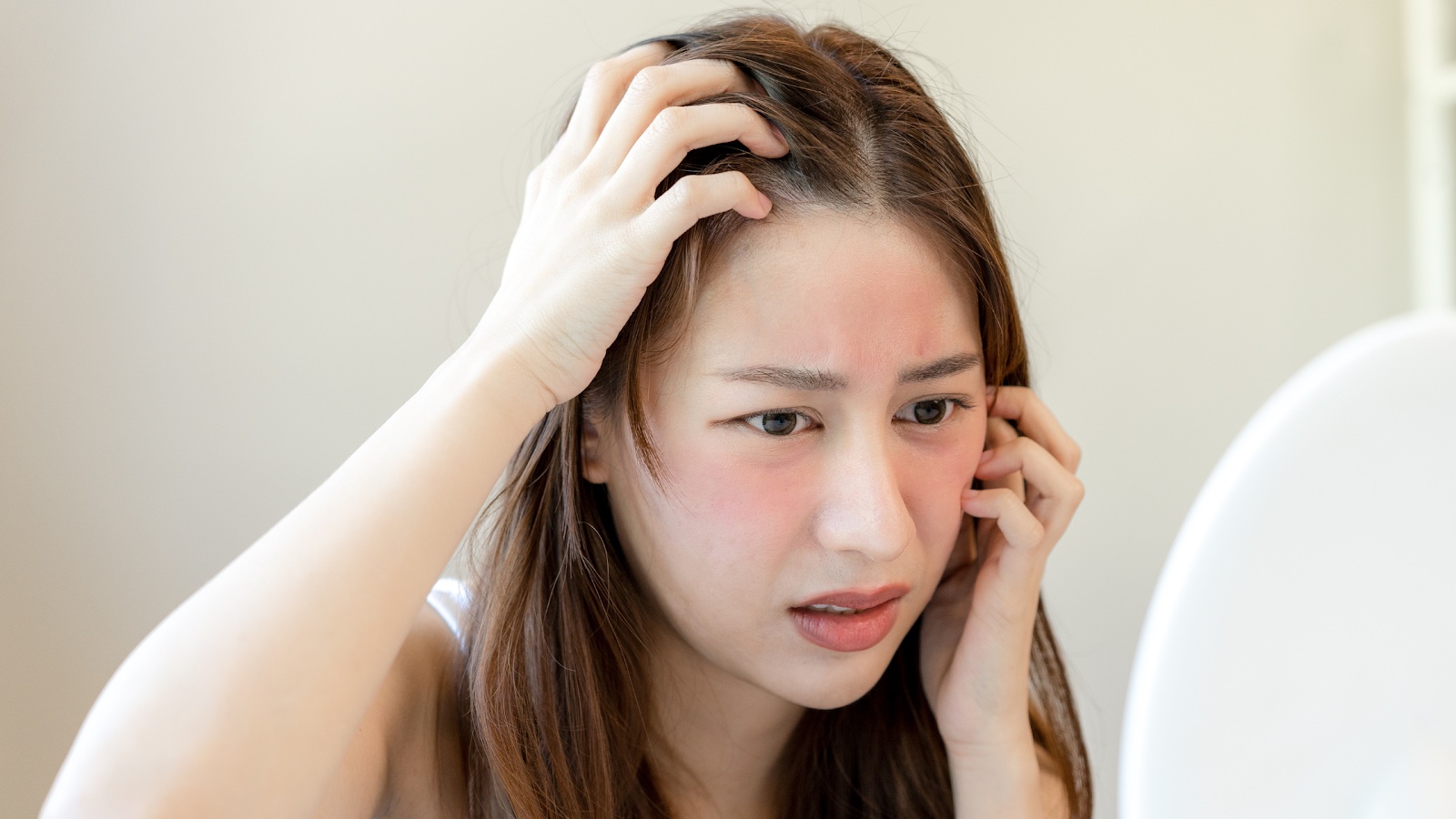If you’re ever feeling embarrassed or insecure about your rosacea, remember that over four hundred million people suffer from the symptoms worldwide. You’re not alone. But when you’re suffering from a flare-up, all you want to know is what you can do to reduce the symptoms and get past it faster and probably often wonder how long does a rosacea flare-up last?
What is rosacea?
A chronic inflammatory condition, Rosacea is chronic skin inflammation that starts with flushing and redness on the cheeks. Commonly, the redness becomes more severe and spreads to the nose, chin, and forehead, and blood vessels appear on the face as pimples and red bumps. In severe cases, a patient develops a swollen nose because of excess tissue. About half of sufferers develop irritated, watery, and bloodshot eyes, a condition known as ocular rosacea. Women with fair skin are most likely to suffer from rosacea.
What causes rosacea?
Rosacea is known to have various triggers, but like most inflammatory conditions, avoid stress and anxiety. Foods like dairy products, citrus fruits, chocolate, beans, spicy foods, and liver can be a problem, along with beverages such as alcohol and hot drinks like tea and coffee. Extreme environments (hot baths, strong winds, humidity, cold, and the sun) can trigger symptoms. Sufferers should also avoid the wrong skin and hair products (check with your doctor), acetone (nail polish remover), cosmetics containing alcohol, topical steroids, and vasodilators. It would help if sufferers also avoided strenuous work and exercise. Be aware that menopause or a chronic cough might trigger an outbreak.
How long does a rosacea flare-up last?
Most rosacea lasts for several days, but many cases last for months. Because rosacea is a chronic condition, about half of sufferers have active cases for over thirteen years, with periods of remission and periods of flare-up. If sufferers continue their treatments, however, they are less likely to get a flare-up.
Avoid your next rosacea flare-up
Rosacea sufferers must first consult a dermatologist. You can work to avoid flare-ups and treat the condition at home.
Reduce stress
During times of stress, our bodies produce cortisol, which can suppress inflammation in the short term, but if your cortisol levels are ongoing, your body can get used to elevated cortisol levels, leading to inflammation and a weakened immune system. Meditation and tai chi are great ways to relieve stress. Pursue activities that make you feel relaxed and content, and spend time in nature if possible. In stressful situations, practice deep breathing techniques to center and ground your emotions.
Sun protection
While you’re out enjoying nature, wear sunscreen. Try and stay out of the noonday sun. Use a minimum of 30 SPF broad spectrum, scent-free sunscreen, which includes zinc oxide, titanium dioxide, or both. Wear sun-blocking clothing and a broad-brimmed hat.
Reduce alcohol consumption
Try to keep alcohol consumption below daily recommendations. Dilute alcohol with sodas or water and choose white wine over red wine.
Choose cool drinks
Avoid hot teas and coffees where you can and opt for iced coffee and teas instead.
Avoid extremes of cold or heat
Cool drinks and environments are most suitable for avoiding rosacea flare-ups. Extreme heat and cold will create reactions in your body that might cause a problem. Avoid going out in extreme cold and heat, especially humid heat. Indoors, avoid direct heat sources like fires and very hot showers or baths. Invest in an air conditioner to stay cool during extremely hot weather.
Choose cosmetics carefully
Cosmetics and skin care products can be harsh on delicate skin, so choose your brands carefully. Consult a medical professional on your beauty routine to ensure you’re using safe products for your skin.
Check medications
If you’re starting to suspect a prescribed medication might be causing your flare-ups, consult your doctor before you stop taking the drug.
Treatment for rosacea
Mild forms of rosacea can be treated with topical creams. More severe cases may require antibiotics. Consult Plastic Surgery Skin Clinic for your assessment of your rosacea. Broad Band Light (BBL) is the standard treatment which works by reducing inflammation at the source and can maintain skin health.Plastic Surgery Skin Clinic can help assess your case and develop an individual approach to caring for your skin. Our focus on skin health allows a broader understanding of what you’re facing with your rosacea and a likelihood of more effective treatments. Book a consultation with Plastic Surgery Skin Clinic today.

